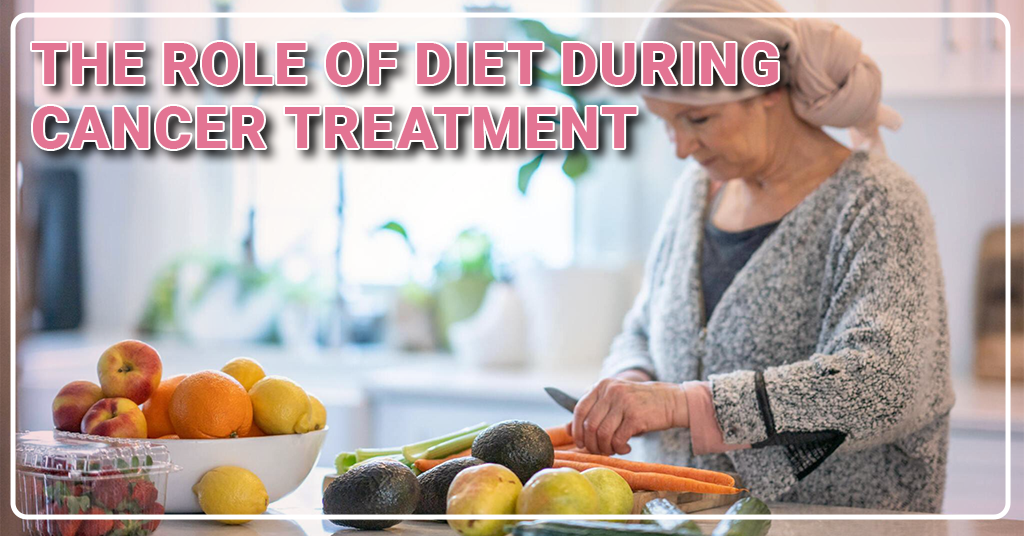Cancer is a killer that nearly reaches the lives of millions of people on earth. In spite of the medical advances that have turned the page in favor of cancer therapy, no one can deny the role of diet in the treatment of cancer. Diet is a determining factor in maintaining the immune system of the body at the highest level, reducing the side effects of the treatment, and improving the overall sense of well-being during the war. In today's article, we will be taking into account the role of diet and how it can be used to affect cancer treatment.
Building the Immune System
When the patient's cancer is being treated, the immune system of the body is weakened. Proper nutrition will equip the body with nutrients, minerals, and vitamins to help support the immune system of the body against infection and the formation of disease. Antioxidants like fruits, vegetables, nuts, and seeds oxidize free radicals that cause cancer, minimize oxidative stress, and hence increase immunity in the body.
Maintenance of Nutritional Status
Chemotherapy and cancer do stress the body and cause both malnutrition and avoidable weight loss. A balanced meal will ensure proper nutrition and prevent malnutrition. Protein restores and heals the body and is found in food like lean meat, fish, eggs, and legumes. Calories must be proper so that energy is supplied to the body to fight the disease and recover from the treatment.
Fluid and Hydration Intake
Cancer patients, whether undergoing treatment, need to be well-hydrated. Hydration will cleanse the body of toxins, prevent constipation, and reduce the effect of certain treatments. Patients need to be instructed to drink water and other fluids during the day, with the exception of as instructed by their doctor.
Individualised Counselling Nutrition
It should be remembered that every cancer patient has his own distinct nutritional need for his personal treatment. Grade and type of cancer, the individualized treatment plan of the patient, and the history of the patient should be remembered while making arrangements for an individualized meal plan. Referral to a registered dietitian with expertise in oncology should be of good benefit in gaining the maximum benefit from a patient-specific diet according to the individual patient's need and treatment protocols, Dr. Pooja Babbar has 15+ years of experience and has knowledge about diet during cancer, and you can take individualised counselling for nutrition from the best medical oncologist in Gurgaon.
Foods to limit or avoid
Certain foods and food groups must be avoided or limited during cancer care in order to prevent the onset of possible problems. The patients should be asked to reduce half of the processed food, dessert, and fat because they tend to cause weight gain and even trigger inflammation. In addition, alcohol and caffeine intake may need to be limited because they could actually exacerbate some side effects of treatment. Nutrition during cancer treatment is clearly needed.
Well-designed and tailored nutrition can be a valuable helper to the management of treatment side effects, immunoenhancement, and nutritional balance maintenance. Patients with cancer are able to communicate a tailored regimen of diet with members of their treatment team such as oncologists and registered dietitians to meet their tailored requirements and maximize the efficacy of treatment. With appropriate food consumption and a close monitoring of diet, cancer patients can promote overall wellbeing as well as make the process of recovery smooth in spite of the development of this crippling disorder.














